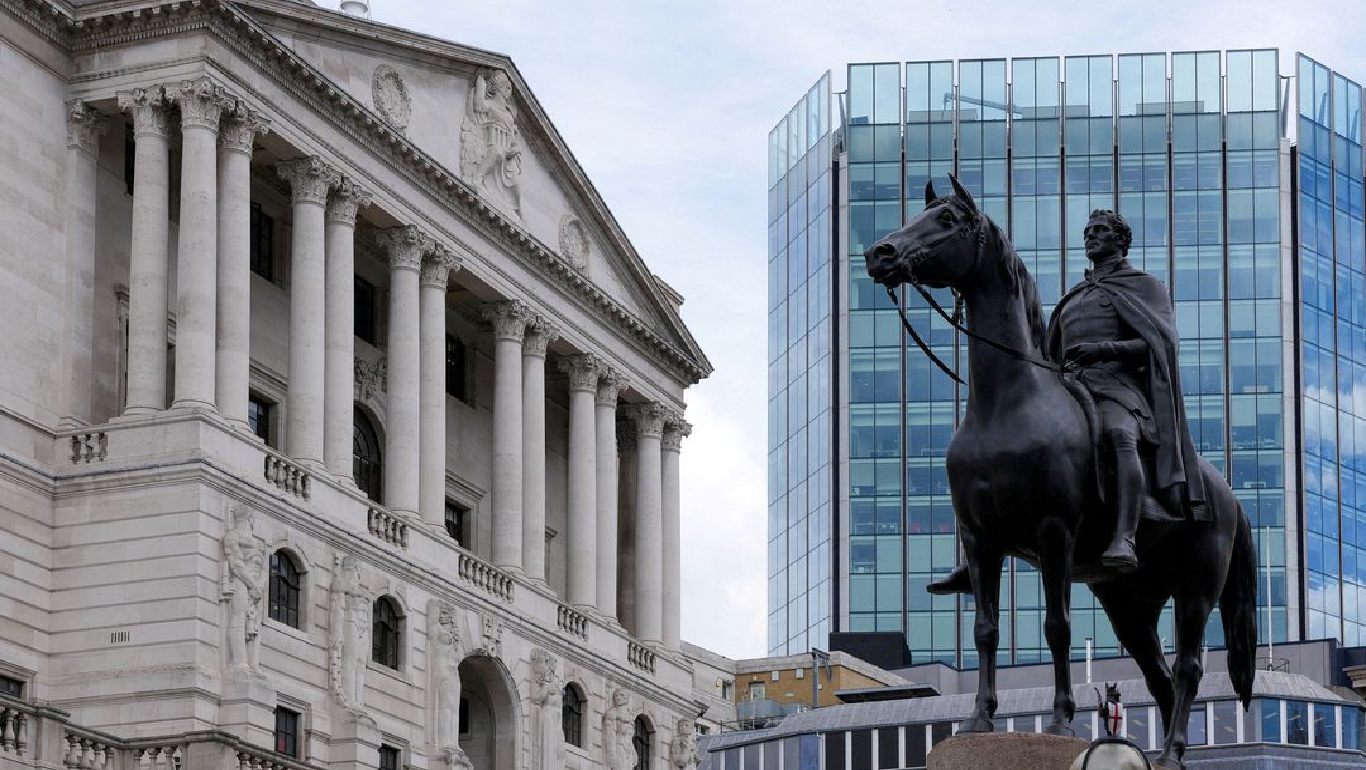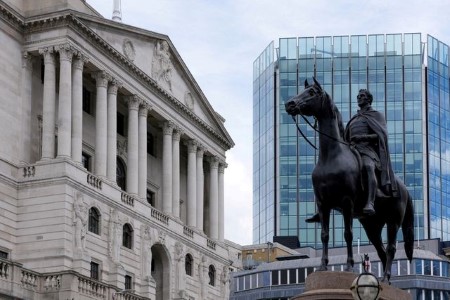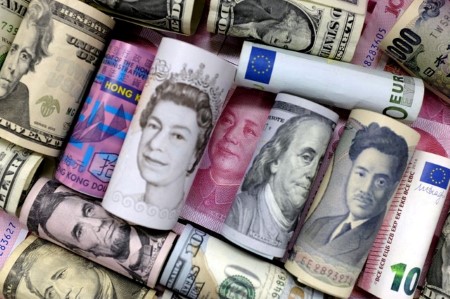MORE RESPITE FOR MARKETS, FOR NOW AT LEAST (0642 GMT)
European stocks look set to get a nice uplift at the open this morning, with STOXX 50 futures indicating a 1.3% gain for the index.
It’s a similar story for the DAX, while FTSE futures are lagging slightly, up 0.9%.
After yesterday’s stunning reversal of Truss’s fiscal plan by new finance minister Jeremy Hunt, news reports this morning that the Bank of England might hold off on winding down its holdings of UK gilts is likely to provide even more respite for markets – for now at least.
The looming earnings season has not been top of the priority list in what has been a chaotic few weeks in markets. But it will provide an important read on how the unfolding economic slowdown is impacting different sectors.
The effects should be clearer this time around compared to last quarter, when outlooks were blurry – and some telltale signs are already emerging.
Roche’s quarterly sales declined 6% after a slump in COVID-19 treatments and diagnostic testing , while Rio Tinto has tempered its annual iron ore shipments outlook as demand weakens.
UK homebuilder Bellway flagged moderating demand amid increased pressure from rising mortgage rates as the housing sector faces the risk of a slowdown amid a deepening cost-of-living crisis.
On a positive note for European IPO market – which has been defined by plunging volumes in 2022 – British exploration and production company Ithaca Energy is planning a London listing.
(Lucy Raitano)
*****
GOOD WILL HUNTING (0615 GMT)
Three days into the job, Jeremy Hunt has pretty much gutted British Prime Minister Liz Truss’ entire economic plan that propelled her to lead the government less than six weeks ago. The new finance minister’s policy reversal has lifted investors’ mood, leading to a rally across equities, bonds and some currencies.
With Truss’s spokesman batting down suggestions that Hunt was running the country, it remains to be seen how long the PM is able to survive the political maelstrom, even though she remains defiant. “I’m sticking around because I was elected to deliver for this country.”
The dramatic U-turn might lead to BoE not hiking interest rates in November by as much as previously anticipated (75-basis-point hike vs previous estimate of 100 basis points, according to Morgan Stanley analysts). Meanwhile, a report from the Financial Times said that the BoE is likely to delay the sale of billions of pounds of government bonds.
Over in Australia, the central bank expects to raise interest rates further over the coming months, while minutes of its meeting last month showed that the surprise decision to slow the pace of rate increases was “finely balanced”.
Elsewhere, another day of intervention watch awaits the currency market as the yen JPY=EBS remains perilously close to the major psychological barrier of 150 after touching a 32-year low of 149.10 against the dollar overnight.
The new low led to yet another response from the Japanese authorities that they are closely watching excessive currency moves.
On the corporate front, a source told Reuters that Credit Suisse Group AG has approached at least one Middle Eastern sovereign wealth fund for a capital injection.
Key developments that could influence markets on Tuesday:
Economic events: Sept car registration data from UK, Germany, France and Italy, Germany Oct ZEW survey, U.S. Sept industrial output data
Speakers: Riksbank’s Per Jansson and Bank of Canada’s Carolyn Rogers to speak at different events
Earnings on the deck: J&J, Goldman and Netflix
(Ankur Banerjee)
*****







 DOWNLOAD
DOWNLOAD










